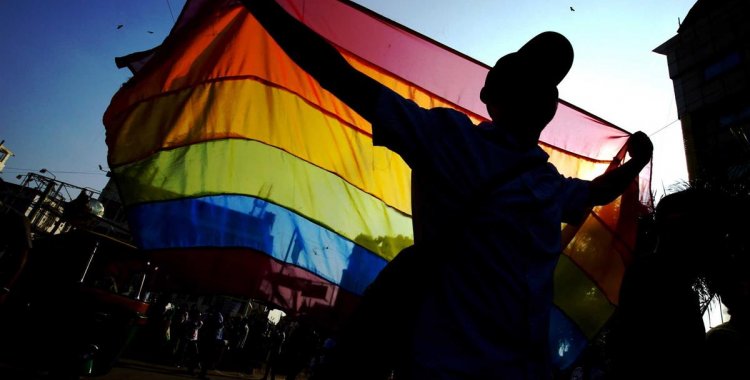In the chapter dedicated to Angola of its annual report, published this Thursday, the non-governmental organization recalls that in 2021 the new penal code came into force in Angola, which replaced an obsolete law from 1886, which still punished those who " habitually indulge in vices against nature" and which limited access to employment, health care and education to homosexuals, bisexuals and transgender people.
"There are aspects that deserve our positive appreciation. But for the dimension of Angola's human rights problems, there is still a lot of work to be done. (...) For example, with regard to the performance of the defense and security forces, very little has changed", said the HRW representative for Angola, Zenaida Machado, in a telephone conversation with Lusa from Maputo.
According to the report, in 2021 Angolan security forces "continued to be implicated in serious human rights violations, including summary executions, excessive use of force against peaceful protesters and arbitrary detentions".
The report recalled that, on 30 January, police killed at least 10 protesters when they "fired indiscriminately at people who had peacefully gathered to demand better public services" in the city of Cafunfo, in Lunda Norte province.
"It is a huge disappointment to see that Angola's defense and security forces continue to act in the same way, as if those who peacefully protest against the regime were an enemy of the State", said Zenaida Machado, comparing the current situation with that of the regime in former President José Eduardo dos Santos because there were "positive expectations regarding" President João Lourenço.
The official defended the "urgent need for restructuring and reform of the defense and security forces", which involves "training in aspects of human rights, and the "urgent and efficient implementation" of the human rights strategy approved two years ago by the Government. .
According to Zenaida Machado, HRW also regrets the way the Government of Angola is managing the food crisis in the south of the country, which according to the report has left more than 1.3 million people in the provinces of Cunene in a situation of severe hunger. , Huíla and Namibe, including 114,000 children under five years old.
According to the governor of Cunene, cited in the document, this crisis has led to a movement of people "never seen before", with 4000 people displaced within the province and another 2000 in Namibia.
Zenaida Machado said that HRW received information from the Namibian authorities that children will have died during the year 2021 because they arrived in Namibia too malnourished and it was not possible to save them.
"The light way in which the Government of Angola has been managing the problem worries us", he said, appealing for "concrete measures to protect that population (...) and efficient and effective collaboration with neighboring countries" so that the authorities can support refugees.
In the report, the organization also regretted that the authorities continue to use "draconian laws" to limit the work of journalists and warned that millions of Angolans across the country are denied the right to free, diverse and impartial information, as the country is the the only one in southern Africa without community radio stations, and recalls that the authorities reduced the number of private television stations when they suspended three channels in April, resulting in the loss of hundreds of jobs.
The document also highlighted the problem of sexual violence against children, recalling that in June the National Institute for Children (INAC) revealed that more than 4,000 children under the age of 14 had been victims of sexual abuse since June 2020, mostly girls from Luanda victims of neighbors or family friends.
In September, the organization also recalled, the Government revealed the existence of a child prostitution network in the village of Cahota, Benguela province, allegedly controlled by Chinese migrants, with dozens of cases of girls, some as young as 13, pregnant their predators.
Authorities detained at least one suspect, but the government did not disclose what assistance was provided to victims, the NGO said.
HRW applauds new penal code but warns of abuses by security forces
Human Rights Watch (HRW) applauded the entry into force of the new penal code, which decriminalizes homosexuality, but warns of the involvement of security forces in serious human rights violations.







